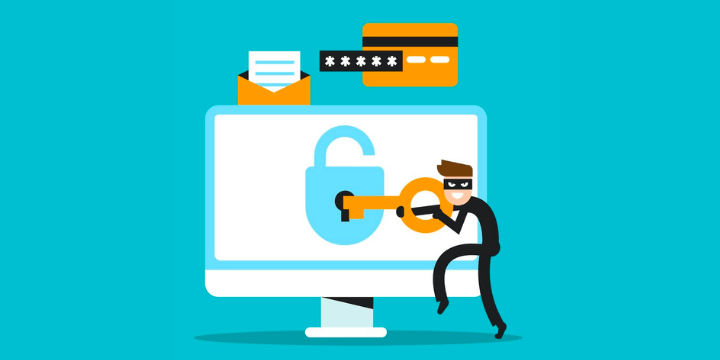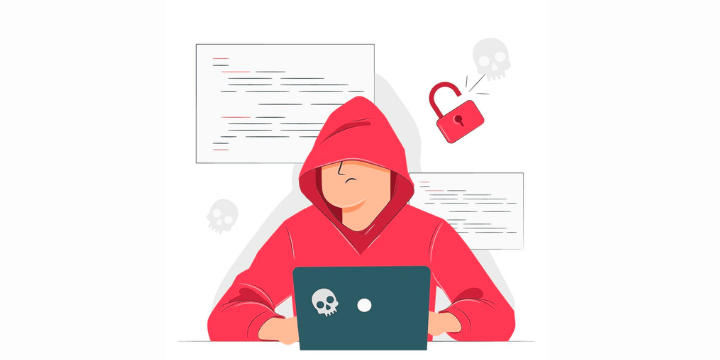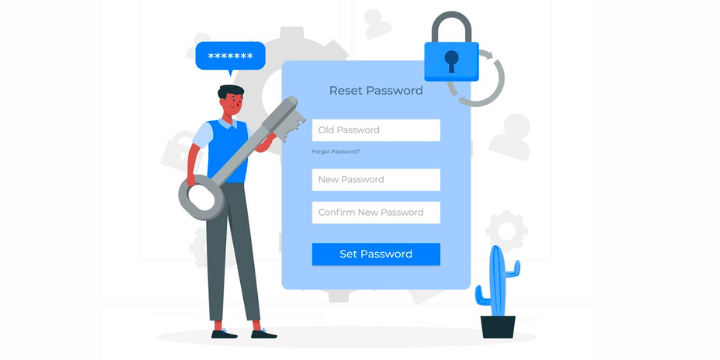Can your passwords get stolen by a VPN? No, but picking a trustworthy VPN service is a complicated thing.
VPNs are widely used to solve privacy concerns. VPNs are well known for helping to stop some third parties from tracking our activities. They help us to encrypt an Internet connection, get cheaper services like flight tickets and booking, and even make us invisible to our ISP.

What is VPN Encryption?
VPN protects and encrypts your data to keep you safe from hackers and other potential access attempts by encryption. VPN encryption adds an extra layer of security to your online experience. VPN encryption encodes the data packets. After the encoding only you, the client, and the server can see them. For example, your surfing history, browsing, and other online activities are encrypted with a VPN and can’t be seen by anyone if you use public WI-FI.
For example, your surfing history, browsing, and other online activities are encrypted with a VPN and can’t be seen by anyone if you use public WI-FI.
Reliability of the VPN provider
Choosing a reputable VPN provider is crucial. Before signing up, it’s essential to check:
- Privacy Policy: Ensure the provider does not log or sell your data.
- Data Processing Practices: Look for strict security measures and transparency.
- Reputation: Established providers with a strong track record offer better security.
Planet VPN offers:
- 5 Free Locations: No registration required.
- 1260+ Servers in 60+ Countries: Wide global coverage.
- Top-Tier Security Features:
- DNS and IP Leak Protection
- Kill Switch Technology
- 256-bit Encryption for maximum data security.
With these features, Planet VPN ensures a secure and private online experience.

Can VPN see my passwords?
A VPN service sees the same information that your internet service provider (ISP) does:
- List of visited websites – This includes domains and IP addresses, along with the time of access. However, the VPN only sees the website being opened, not the specific pages within it.
- Your actual IP address.
- Your device’s digital fingerprint – This includes the model, installed operating system, and system language. However, this is only accessible if you are using the VPN service’s app and not OpenVPN or WireGuard.
What a VPN Service Cannot See
However, the most valuable information remains inaccessible to VPN services. Specifically, they cannot see:
- Your passwords: Passwords are not transmitted in plain text over the network. Most reputable websites hash passwords in the browser before sending them to the server for verification. Additionally, SSL/HTTPS encryption is commonly used to further protect login credentials from interception.
- Your bank card details: In most cases, banking details are also not sent in plain text. When making online payments, a secure HTTPS connection is established, encrypting traffic to prevent eavesdropping. Therefore, a VPN cannot see your credit card number, expiration date, or CVC code.
- Messages in messengers: The same principle applies here. Messaging apps encrypt messages before sending them and decrypt them upon receipt.
Thus, your confidential information remains private regardless of the VPN service you use.
What Are the Risks of Using an Unreliable VPN Provider?
Not all VPN providers are reliable and offer the same level of security. If you use an unreliable VPN, it may result in serious consequences. For example, your data can be stolen and sold.
Can a VPN Provider Steal Your Passwords?
No! It is misinformation. VPN technology has some limitations so VPN providers can’t directly steal passwords.
VPNs encrypt data traffic between your device and the VPN server so the data becomes unreadable to outsiders, including the VPN itself!
Best Practices for Password Security with a VPN
A VPN enhances online safety, but strong password security is just as important. Follow these best practices:
- Use Unique and Complex Passwords: Create strong, hard-to-guess passwords for each account.
- Enable Two-Factor Authentication (2FA): Adds an extra layer of security to your accounts.
- Combine Multiple Security Layers – Using both a VPN and strong passwords maximizes protection.

Planet VPN is your reliable provider
The idea that VPN providers can steal your passwords is mostly just a myth. VPN encryption keeps your data private and secure, making it very unlikely for VPN companies to access your passwords. However, it’s still important to research and choose a trustworthy VPN service. By using a VPN along with strong password practices, you can browse the internet safely without worrying about your sensitive information being accessed by others.
Now you understand how VPN encryption works so try a free VPN by Planet VPN. Enjoy online security in a few seconds. No need to register – become invisible in a few clicks!
FAQ: VPN and Password Security
-
Can someone steal my data through a VPN?
No, a trusted VPN encrypts your data, making it nearly impossible for hackers to intercept. However, avoid unreliable or free VPNs that may log or sell your data.
-
Is there any risk of using a VPN?
Yes, risks include using an untrustworthy VPN that logs data, slows down your connection, or has security vulnerabilities. Always choose a reputable no-logs VPN.
-
Do VPNs take your data?
Reliable VPNs do not collect or sell your data. However, some free or poorly regulated VPNs might log user activity, so check the privacy policy before using one.
-
When shouldn’t I use a VPN?
Avoid using a VPN when accessing banking apps that may flag VPN connections as suspicious. Also, never use hacked or untrusted VPNs, as they can log your data, inject malware, or compromise your security.
Additionally, in countries where VPN use is restricted, always check local laws before connecting.
-
Who has the safest VPN?
For strong security, choose a VPN with a no-logs policy, 256-bit encryption, and DNS leak protection. Planet VPN is a great choice, offering a secure, private, and user-friendly experience with free server options and no registration required.